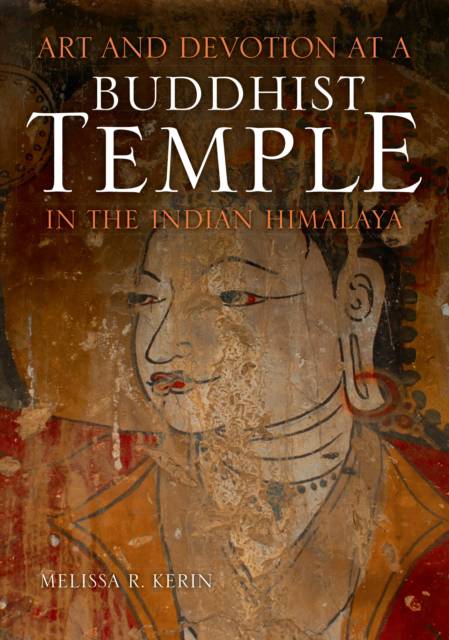
- Retrait gratuit dans votre magasin Club
- 7.000.000 titres dans notre catalogue
- Payer en toute sécurité
- Toujours un magasin près de chez vous
- Retrait gratuit dans votre magasin Club
- 7.000.000 titres dans notre catalogue
- Payer en toute sécurité
- Toujours un magasin près de chez vous
Description
Sixteenth-century wall paintings in a Buddhist temple in the Tibetan cultural zone of northwest India are the focus of this innovative and richly illustrated study. Initially shaped by one set of religious beliefs, the paintings have since been reinterpreted and retraced by a later Buddhist community, subsumed within its religious framework and communal memory. Melissa Kerin traces the devotional, political, and artistic histories that have influenced the paintings' production and reception over the centuries of their use. Her interdisciplinary approach combines art historical methods with inscriptional translation, ethnographic documentation, and theoretical inquiry to understand religious images in context.
Spécifications
Parties prenantes
- Auteur(s) :
- Editeur:
Contenu
- Nombre de pages :
- 264
- Langue:
- Anglais
- Collection :
Caractéristiques
- EAN:
- 9780253013064
- Date de parution :
- 06-07-15
- Format:
- Livre relié
- Format numérique:
- Genaaid
- Dimensions :
- 183 mm x 262 mm
- Poids :
- 680 g







